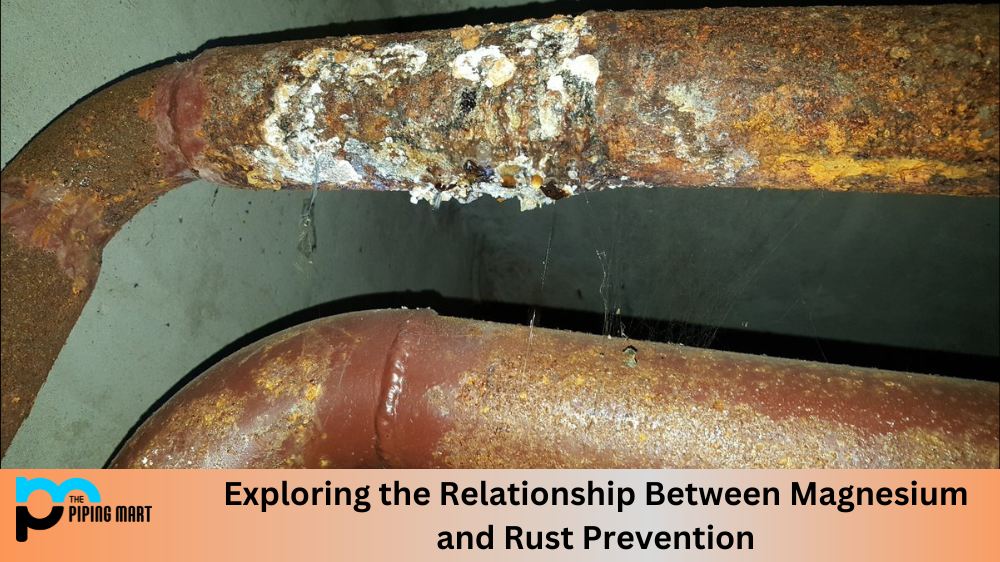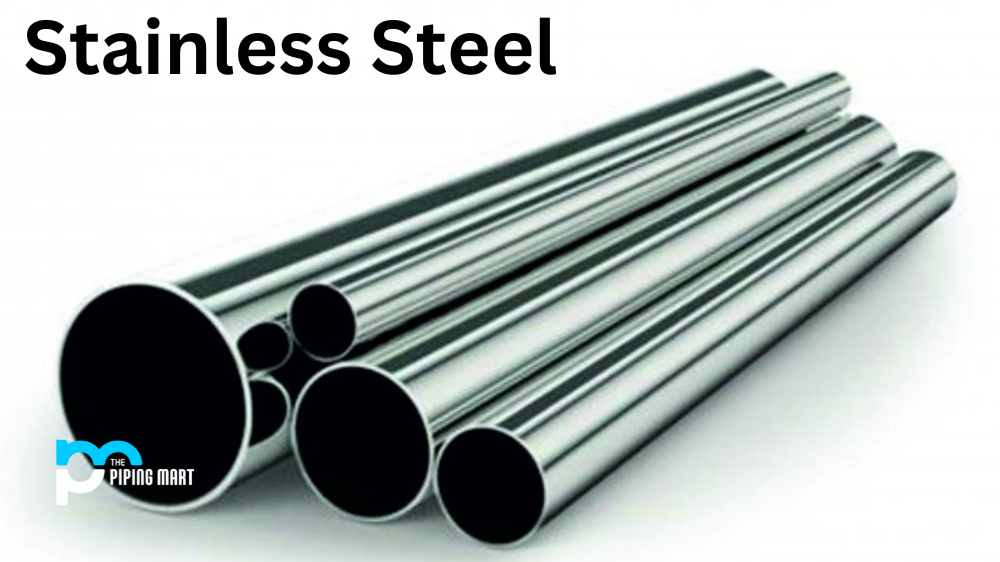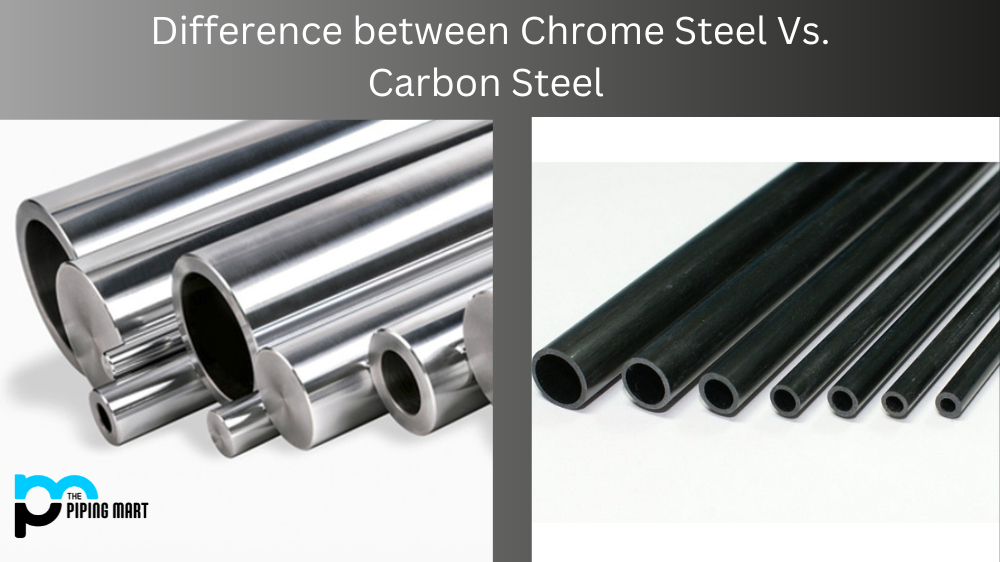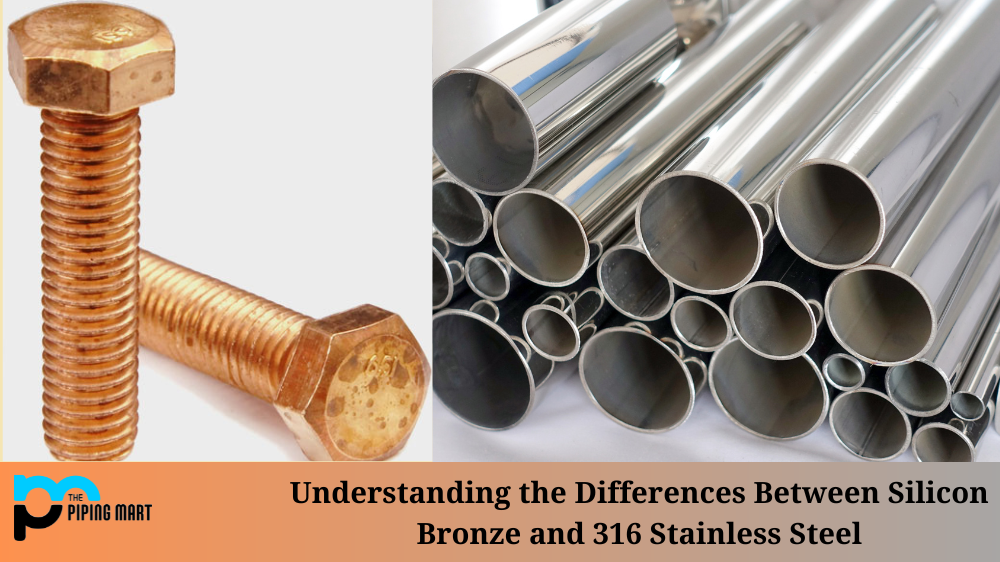Rust is one of the most common problems in metal. To prevent it, many people use magnesium, which has been proven to be an effective rust inhibitor. But why does magnesium stop iron from rusting? Let’s look at how this works and why it is so important for rust prevention.
How Does Magnesium Prevent Iron From Rusting?
Magnesium acts as a sacrificial anode, which reacts with oxygen more readily than iron, so when corrosion occurs, the magnesium corrodes instead of the iron. The oxygen molecule binds itself to the surface of the anode and creates a thin layer of corrosion that protects the underlying material. This layer acts as a protective barrier against future oxidation, preventing further corrosion on the metal surface.
In addition to acting as a sacrificial anode, magnesium also helps prevent iron from rusting by increasing its ability to resist oxidation. When combined with iron in certain alloys, it forms a protective oxide film that covers the surface of the metal and prevents oxygen from reaching it. This oxide film also helps reduce surface friction and prevents rust build-up.
The Benefits Of Magnesium For Rust Prevention
Using magnesium as a rust inhibitor provides several benefits for protecting metals from corrosion. It is cost-effective because it requires minimal maintenance and can be used over long periods without needing to be replaced or refilled frequently. It is also environmentally friendly because it works without releasing toxic chemicals into the air or water supply. Furthermore, it is easy to apply and can be used on any metal surface, including cars, ships, buildings, and even agricultural equipment such as tractors or farm machinery.
Inhibits Corrosion
One of the primary benefits of magnesium for rust prevention is that it inhibits corrosion. Corrosion is a natural process that occurs when metal is exposed to oxygen and moisture, causing it to break down and form rust. Magnesium works to inhibit corrosion by forming a thin oxide film on the surface of the metal, which protects it from further exposure to oxygen and moisture.
Cost-Effective
Magnesium is also a cost-effective option for rust prevention. It is typically less expensive than other methods of rust prevention, such as painting or coating. Additionally, magnesium is often used in conjunction with other methods of rust prevention, such as galvanizing, which can further reduce costs.
Environmentally Friendly
Another benefit of magnesium for rust prevention is that it is environmentally friendly. Unlike some other methods of rust prevention, such as painting or coating, magnesium does not release harmful chemicals into the environment. Additionally, magnesium can be recycled and reused, reducing its environmental impact.
Non-Toxic
Magnesium is also non-toxic, making it a safe option for many applications. Additionally, magnesium is not flammable, making it an ideal choice for use in areas with a fire risk.
Versatile
Magnesium is also a versatile option for rust prevention. It can be used in various ways, such as painting, plating, or anodizing. Additionally, magnesium can be used on a variety of different metals, including steel, aluminum, and brass.
Conclusion:
In conclusion, magnesium effectively prevents iron from rusting due to its ability to act as a sacrificial anode and form protective oxide films over surfaces that prevent oxygen from reaching them. Its low cost and environmental friendliness make it ideal for rust prevention in any setting where metal surfaces are exposed to moisture or other corrosive elements such as saltwater or acid rain. Using magnesium for rust prevention can help ensure that your metals remain in good condition for years to come!
Sakshee is a talented blogger, with a particular focus on the Business and Metal Industry. She is passionate about sharing her insights on various metal products and helping professionals to make a better decisions.




